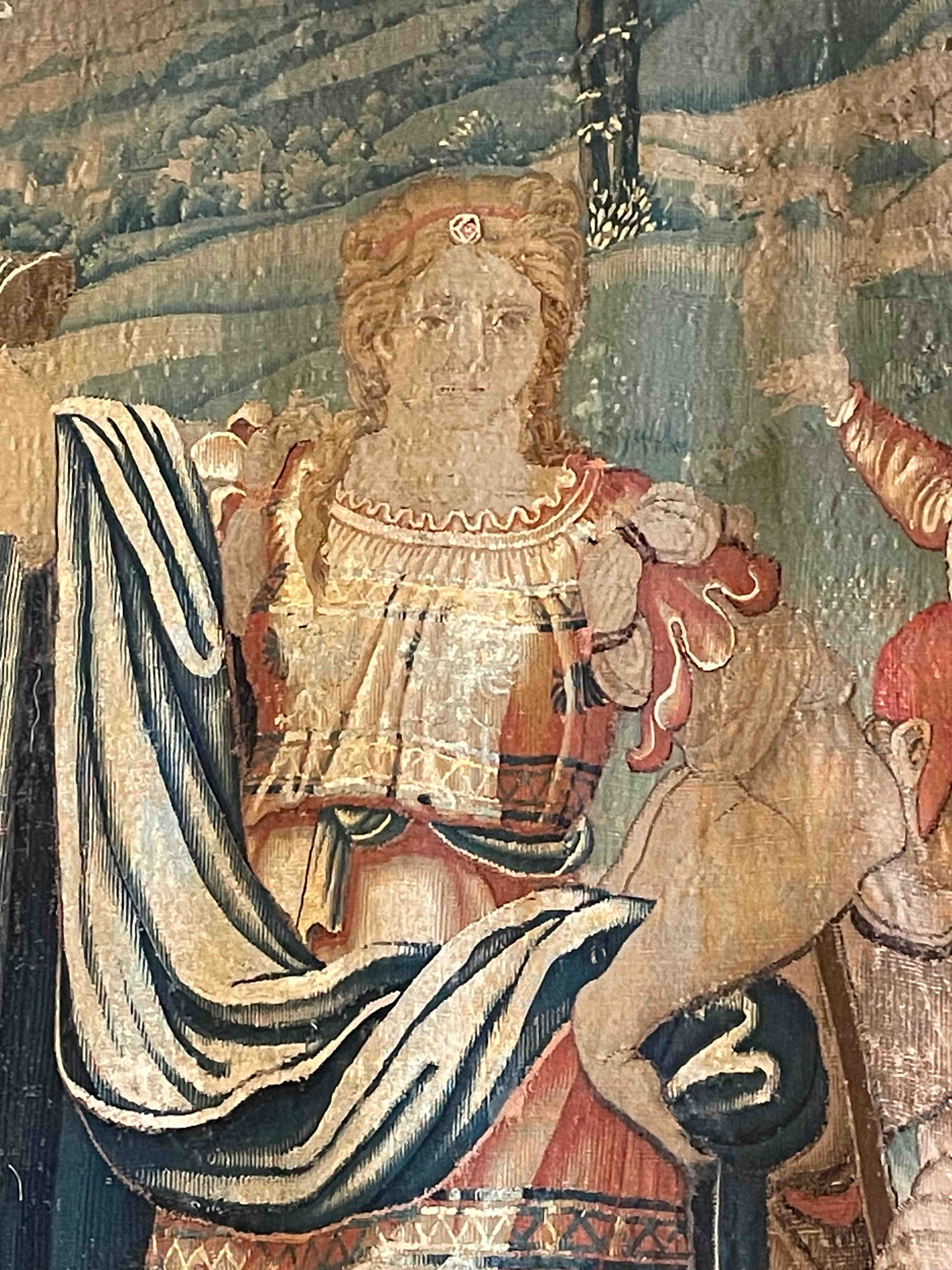Version française / Séminaires
- Libellé inconnu,
Séminaire Patriarcat et Héritage. Propriété, répartition et transmission dans l’Europe moderne

Ce séminaire se fixe pour objectif d’étudier l’émergence, dans l’Europe moderne, d’une conception à la fois juridique, philosophique et politique nouvelle de l’héritage. Cette conception nouvelle implique notamment une transformation de ses modalités, et de la manière dont celui-ci distribue et redistribue la propriété et l’autorité au sein de la famille et de la société patriarcales. Nous nous intéressons aux évolutions de cette répartition à la fois horizontale, au sein des fratries, et verticale, des parents aux enfants et à la manière dont cette répartition s’étend aux filles comme aux garçons, via les régimes dotaux notamment, pour entamer l’édifice patriarcal.
le 1 mars 2024
Bâtiment Max Weber, Salle de séminaires 1 (rez-de-chaussée)
Bâtiment Max Weber (W)
Jacqueline Broad (Monash University, Melbourne)
The Logic of Women’s Rights in Mary Astell’s Writings
In 1979, Joan Kinnaird maintained that the early English feminist Mary Astell (1666-1731) “preached not women’s rights but women’s duties” (1979: 73). Since then, several scholars have endorsed Kinnaird’s reading or something like it. Patricia Springborg claims that far from being an advocate of “the rights of freeborn Englishmen,” Astell “makes the doctrine of natural rights the frequent butt of her ridicule” (1995: 624). Moreover, Springborg asserts that Astell denies that human beings have “property in their own person,” or something that belongs to them—such as life, liberty, and material possessions—that they are entitled to preserve or defend against threats (2001: 867; 2005: 227). In this paper, I argue that Astell had the appropriate conceptual tools to mount arguments for women’s rights, and that such arguments can be found in her works. I claim that her writings are representative of a pattern of thought in the early modern period that appeals to women’s dignity as the basis of their moral standing. By pointing to their equal dignity with men, Astell demonstrates that women have the requisite moral standing to make normative demands on others, and that others are obliged to respect those demands. I use this analysis to suggest a re-thinking of Astell’s ideas concerning “property in one’s person.” Far from denying this doctrine, I argue, she claims that women do have property in their own persons—something that belongs to them by nature and that they are entitled to protect.
Biography
Jacqueline Broad is Professor of Philosophy in the School of Philosophical, Historical, and International Studies at Monash University, Melbourne, Australia. Her main area of research is early modern philosophy with a focus on English women philosophers of the seventeenth and eighteenth centuries. She is the author of The Philosophy of Mary Astell: An Early Modern Theory of Virtue (2015), A History of Women’s Political Thought in Europe, 1400–1700 (with Karen Green, 2009), and Women Philosophers of the Seventeenth Century (2002). Her most recent book publication is a two-volume collection of the philosophical letters of women in early modern England (OUP 2019-20).
Mis à jour le 09 septembre 2024
Comité d'organisation
- Pierre Crétois (SPH EA4574, Bordeaux Montaigne)
- Myriam-Isabelle Ducrocq (CREA EA 370, Paris Nanterre)
- Stefania Ferrando (CRHI Côte d'Azur)
- Gabrielle Radica (UMR 8163 STL, Lille)
- Stéphanie Roza (UMR 5206 Triangle, ENS Lyon)
- Anne Verjus (UMR 5206 Triangle, ENS Lyon)












